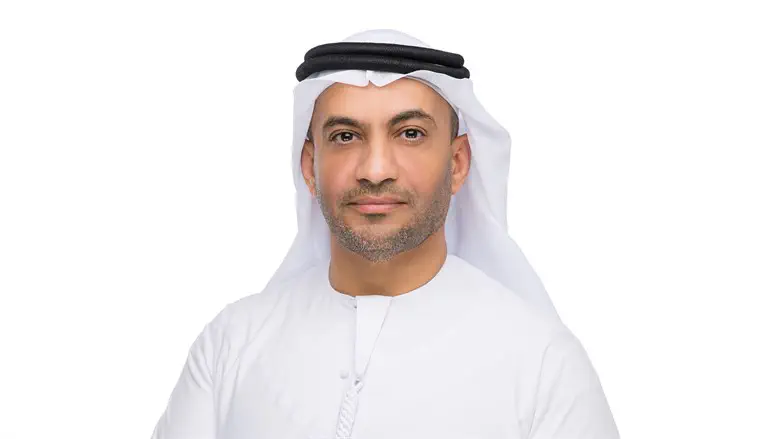
I recently followed Western media reports about an open letter signed by former prominent diplomats, including British foreign and defense ministers, warning that time is running out for a nuclear deal with Iran, negotiations in Vienna are at a devastating impasse, and calling on Washington and Tehran to show more flexibility.
They explicitly called on Washington to respond to Iran’s demand to remove the IRGC from US terrorist lists and lift sanctions, arguing that allowing the US and Europe to miss an opportunity to defuse the nuclear crisis in the Middle East would be a grave mistake. This speech signals a real crisis among Western political elites.
An open letter coordinated by the European Leadership Network confirms that these former diplomats from 24 countries, including former British Foreign Secretary Jack Straw, are looking at things from the same angle.
They view Iran’s nuclear issue from a very narrow, one-sided perspective in terms of Iran’s possession of a weapons-usable nuclear capability, even though Iran’s main threat is not nuclear technology. It has to do with its plans for regional expansion and domination. Everyone is oblivious to the dangers of Iran’s missile program.
But it no longer seems to be a priority to pay attention to Iran’s relations with Western powers. The White House, for its part, recently declared that Iran is only weeks away from producing materials for an atomic bomb. I do not think this information has much to add in light of my observation of developments in Iran’s nuclear program.
Since President Trump’s withdrawal from the nuclear deal in mid-2018, Iran has accumulated nuclear enrichment capabilities, so it is unreasonable to refuse to discuss important US demands on Iran’s missile program and regional expansion for fear that time would not be in the US interest.
Iran’s possession of a weapons-usable nuclear capability is undoubtedly a major development in the regional balance of power. It will lead to a major geostrategic shift.
But this does not mean, on the other hand, that other factors such as expansion, regional hegemony and the ballistic missile program, which in my view are as much a source of danger as the nuclear bomb, or a greater one, not only because they are a delivery vehicle for the threat but also because these missiles have proved a serious menace to all US allies in the Middle East.

Iran is now giving more attention to the ballistic missile program than to nuclear capabilities. That is because challenges and experience have shown that nuclear weapons can be an important deterrent within the balance of power but are not really usable. I believe that Iran is now giving more attention to the ballistic missile program than to nuclear capabilities. That is because challenges and experience have shown that nuclear weapons can be an important deterrent within the balance of power but are not really usable.
I believe that Iran is now giving more attention to the ballistic missile program than to nuclear capabilities. That is because challenges and experience have shown that nuclear weapons can be an important deterrent within the balance of power but are not really usable.
Ballistic missiles are highly capable of influencing, threatening and deterring adversaries, and unlike nuclear capabilities, they can be used conventionally. In other words, the latter is essentially a deterrent weapon, while ballistic missiles are offensive weapons that Iran uses to achieve its strategic objectives regionally and internationally.
This is exactly what has happened in repeated strikes against US military bases in Iraq. Iran’s sophisticated ballistic missile program and effective arsenal of several generations of drones, which it distributes free to its regional militia, give it considerable room to maneuver in comfortable negotiations over its nuclear program.
In other words, Iranian negotiators can make concessions on uranium stockpiles, enrichment capabilities and other technical details while as the technology and know-how are available to them and actual manufacture of the bomb is only one political decision away.
In addition, focusing the negotiations on the nuclear issue has other benefits for Iran, such as the declassification of the Revolutionary Guard, the lifting of sanctions and, above all, getting away with specific capabilities and other sources of threat, which ensure the effective achievement of strategic goals.
Iran is closely following the war in Ukraine and how drones play a crucial role in military confrontations and interstate conflicts. It has also funneled missiles and drones to its allied organizations and militias, making it a heavyweight in the security equation in the Middle East.
This is why Tehran is pursuing its strategy of narrowing the Vienna talks down to the nuclear issue, making it the center of the debate and what the West sees as the concessions it would get if it reached an agreement to extend the nuclear deal, while the biggest boon for Tehran is to keep its new sources of power away from any concessions or negotiating agenda.
Dr. Salem AlKetbiis a UAE political analyst